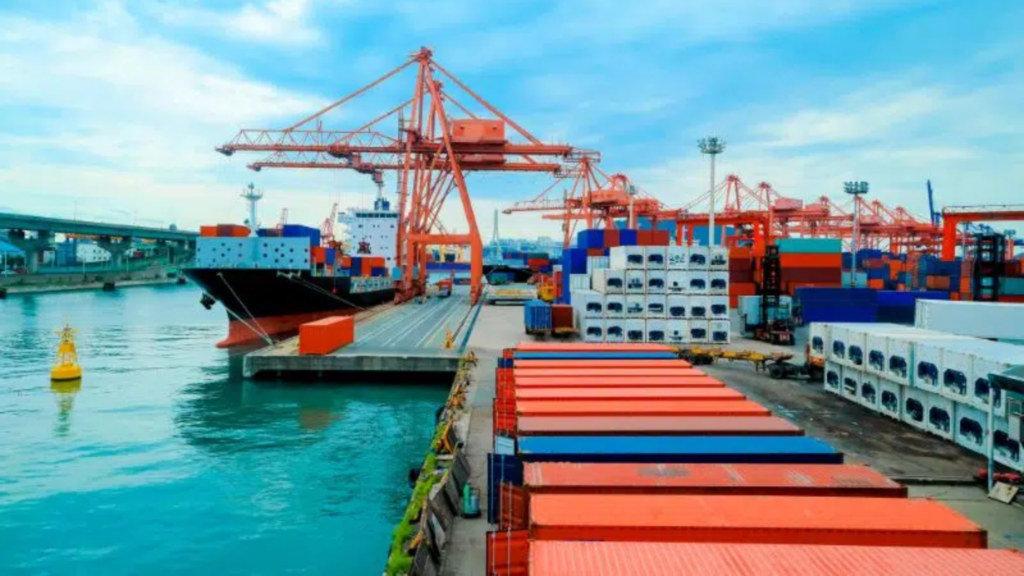Understanding MARPOL Special Areas
The International Convention for the Prevention of Pollution from Ships (MARPOL) designates certain oceanic regions as “Special Areas,” recognizing their unique vulnerability to pollution and the need for heightened protection.

These areas are vital for preserving marine environments and are central to MARPOL’s framework.
What Defines a MARPOL Special Area?
MARPOL Special Areas are oceanic regions that demand higher protection due to factors like heavy sea traffic and ecological, oceanographic, scientific, and socio-economic significance. These regions often feature unique environmental conditions, such as high biodiversity, endangered species, low water circulation, and importance for local livelihoods.
How Are Areas Designated?
The International Maritime Organization’s Marine Environment Protection Committee (MEPC) designates these areas under different MARPOL Annexes, each addressing a specific type of marine pollution. Designating criteria include:
- Unique Hydrographic Conditions: Enclosed or semi-enclosed water bodies.
- Threatened Marine Habitats: Areas supporting endangered species or high marine biodiversity.
- Dependence on Marine Resources: Regions where local sustenance relies on rich marine resources like fishing.
A proposing government must demonstrate that basic MARPOL requirements are insufficient for the identified area, and the designation only takes effect when adequate reception facilities are available to handle harmful substances from ships.
Special Areas Under MARPOL Annexes
- Annex I (Oil Pollution): Includes the Mediterranean Sea, Baltic Sea, Black Sea, Red Sea, Gulf area, Gulf of Aden, Antarctic Area, North-West European Waters, Oman Area of the Arabian Sea, and Southern South African Waters. Oily waste discharge from machinery is prohibited unless stringent conditions are met.
- Annex II (Noxious Liquid Substances): Specifically the Antarctic Area, where discharge of hazardous liquid chemicals is prohibited, limited only to designated reception facilities.
- Annex IV (Sewage Pollution): Currently, only the Baltic Sea, which prohibits sewage discharge unless vessels have advanced treatment systems meeting stringent standards. Note that the US is not a signatory to Annex IV.
- Annex V (Garbage Pollution): Includes the Mediterranean Sea, Baltic Sea, Black Sea, Red Sea, Gulfs Area, North Sea, Antarctic Area, and Wider Caribbean Region. Ships are prohibited from discharging garbage in these areas.
- Annex VI (Air Pollution): Emission Control Areas (ECAs) like the Baltic Sea, North Sea, North American ECA, and U.S. and Caribbean Sea ECA enforce strict emission limits for sulfur oxide (SOx) and nitrogen oxide (NOx).
Particularly Sensitive Sea Areas (PSSAs)
PSSAs require special protection due to their ecological, scientific, and socio-economic importance, potentially threatened by international shipping. The IMO assesses proposals to designate PSSAs and adopts protective measures. Examples include the Great Barrier Reef, Galapagos Archipelago, and the Baltic Sea Area.
Challenges and Solutions
While designating Special Areas and PSSAs is crucial, implementation faces challenges. Coastal nations must ensure compliance, necessitating monitoring and enforcement. The absence of adequate waste reception facilities in some ports limits compliance, and increasing ship traffic elevates the risk of accidents causing pollution. Solutions require international cooperation, investment in innovative maritime technologies focusing on waste treatment and emission reduction, seafarer education, awareness campaigns for coastal communities, and stakeholder engagement.
Conclusion
MARPOL Special Areas are vital for safeguarding sensitive marine ecosystems against human activities. Balancing economic growth with environmental protection requires tightening regulations, investing in sustainable maritime technologies, and fostering international cooperation. Protecting these oceanic regions is essential for preserving marine biodiversity, sustaining coastal communities, and ensuring a healthier planet for future generations.